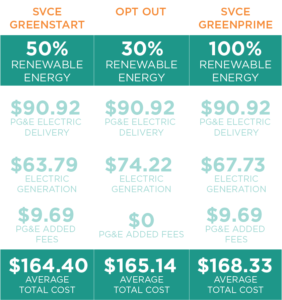Germany’s feed-in regulation went through a significant rebuilding in 2000 to turn into the Environmentally friendly power Sources Act (2000) (German: Erneuerbare-Energien-Gesetz or EEG). A title is a demonstration of giving need for environmentally friendly power sources. In its new structure, the demonstration ended up being a profoundly Odessa Energy Plans powerful strategy system for speeding up the sending of renewables. Significant changes included:
- buy costs depended on age cost – this prompted various costs for various advancements and for activities of fluctuating sizes
- utilities were permitted to partake
- rates were intended to decline every year founded on anticipated cost decreases, known as ‘duty degression’
Since it was exceptionally fruitful, the German arrangement (changed in 2004, 2009, and 2012) was in many cases utilized as the benchmark against which other feed-in duty approaches were thought of. Different nations followed the German methodology also. Long haul contracts are normally presented in a non-oppressive way to all environmentally friendly power makers. Since buy costs depend on costs, productively worked projects yield a sensible pace of return. This rule was expressed in the demonstration:

The compensation rates … not completely settled through coherent assessments, subject to the expectation that the rates perceived should make it plausible for a foundation – when managed capably – to be worked cost-effectively, considering the use of state-of-the-art development and dependent upon the supportable power sources ordinarily open in a given geographical environment.
Sustainable power Sources Act
- Feed-in duty strategies regularly focus on a 5-10% return. The progress of photovoltaics in Germany brought about a drop in power costs of up to 40% during top result times, with reserve funds between €520 million and €840 million for shoppers. Reserve funds for purchasers have implied on the other hand decreases in the overall revenue of huge electric power organizations, who responded by campaigning against the German government, which diminished endowments in 2012.
- The expansion in the sun-powered energy share in Germany likewise shut gas and coal-terminated age plants. Frequently all power delivered is taken care of to the framework, which makes the framework work rather like a PPA as per the disambiguation above, be that as it may, there is no requirement for a buy concurrence with a utility, yet the feed-in tax is state-regulated, so the expression “feed-in duty” (German “Einspeisetarif”) is typically utilized.
- Since around 2012, different sorts of agreements turned out to be more common, in light of the fact that PPAs were upheld and for limited scope sun-based projects, direct utilization of force turned out to be more appealing when the feed-in levy became lower than costs for power purchased.
- On 1 August 2014, an updated Sustainable power Sources Act went into force. Explicit organization passageways presently specify the degree to which environmentally friendly power is to be extended from here on out and the financing rates (feed-in levies) for new limits will progressively at this point not be set by the public authority, yet not entirely set in stone by sell-off; beginning with the ground-mounted sun based plant. This addressed a significant change in strategy and will be additionally stretched out starting around 2017 with delicate cycles for coastal and seaward wind.

